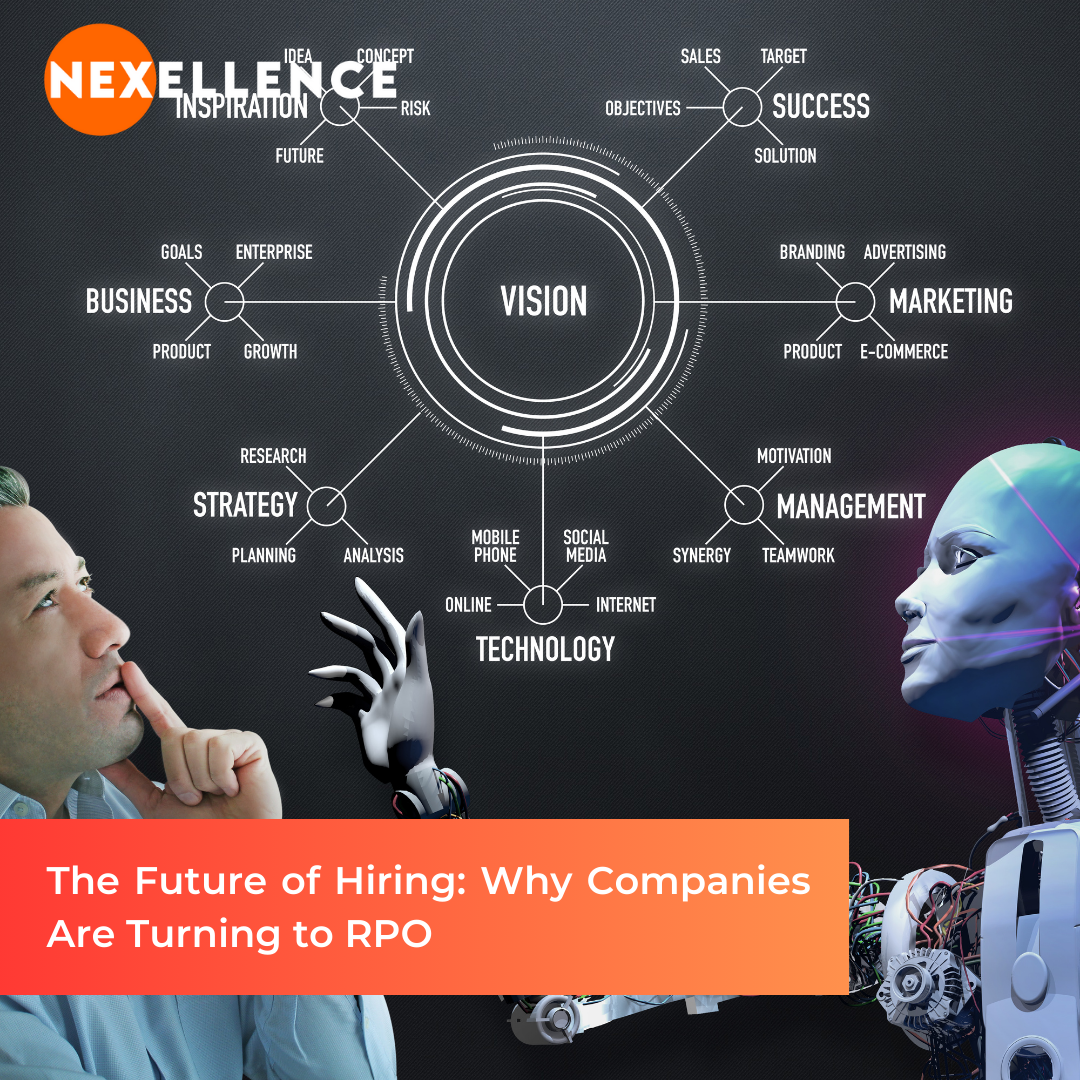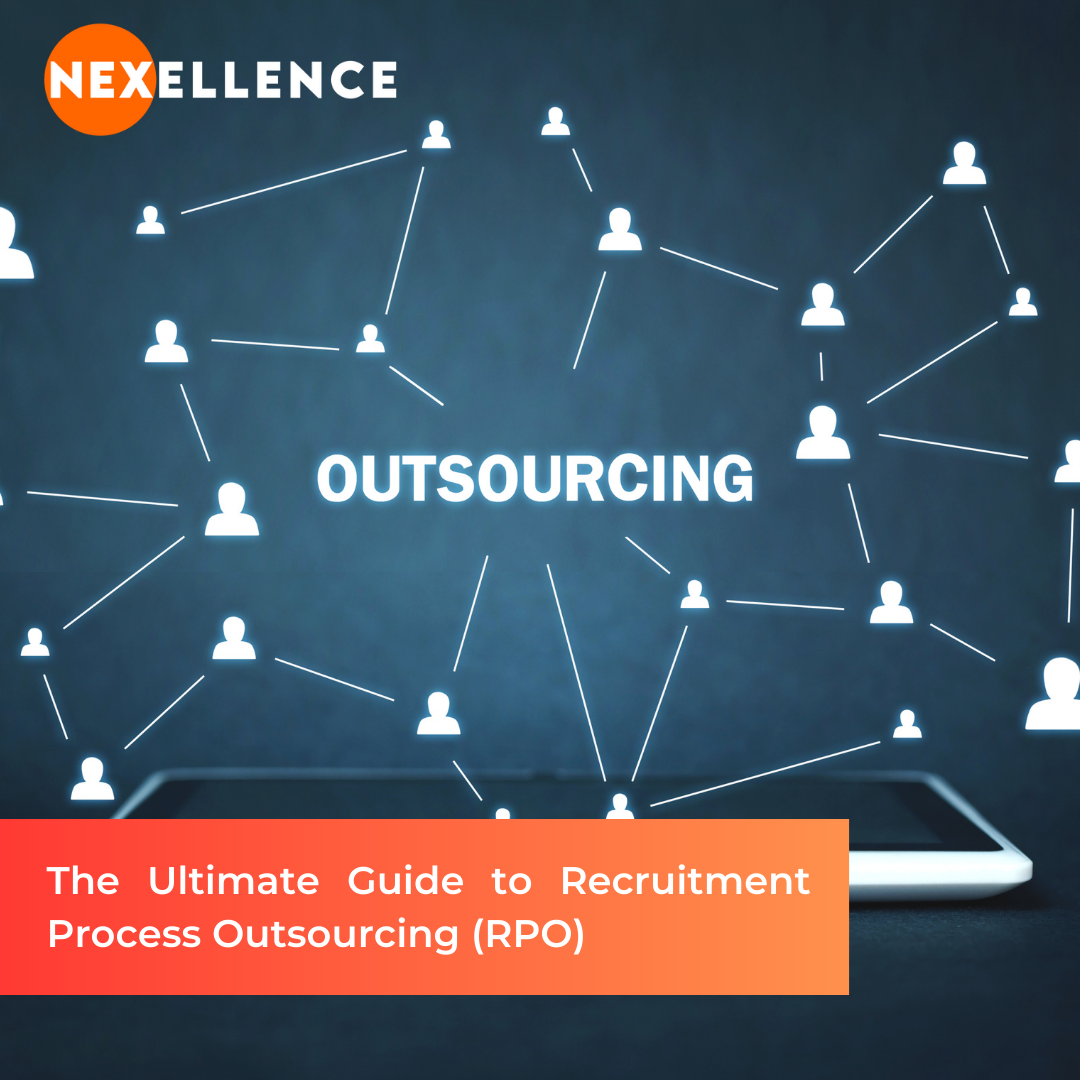Introduction:
The landscape of the staffing industry in the United States is continually evolving, shaped by economic shifts, technological advancements, and changing workforce dynamics. As we step into 2024, several key trends are poised to redefine how staffing agencies operate and connect job seekers with employers. Let’s explore the top trends that will shape the US staffing industry in the coming year.
1. Remote Work Revolution:
The COVID-19 pandemic has accelerated the adoption of remote work, transforming it from a temporary solution into a permanent feature of the modern workplace. Staffing agencies are adapting to this paradigm shift by offering more remote job opportunities and leveraging technology to facilitate seamless virtual collaboration between employers and employees.
2. Emphasis on Skill-Based Hiring:
As the job market becomes increasingly competitive, staffing agencies are placing greater importance on skill-based hiring. Rather than solely focusing on degrees and traditional qualifications, recruiters are now prioritizing candidates with specific skills that align with the needs of the job. This shift enables employers to find the right talent faster and allows job seekers to showcase their capabilities more effectively.
3. Rise of the Gig Economy:
The gig economy continues to gain momentum, with more workers opting for freelance or contract positions. Staffing agencies are playing a crucial role in connecting businesses with on-demand talent, providing flexibility for both employers and workers. This trend is reshaping the traditional employment model and creating new opportunities for professionals seeking diverse and dynamic work experiences.
4. AI-Powered Recruitment:
Artificial Intelligence (AI) is revolutionizing the recruitment process by automating mundane tasks, such as resume screening and initial candidate assessments. Staffing agencies are increasingly incorporating AI tools to enhance efficiency, reduce bias, and improve the overall quality of hires. This technological integration allows recruiters to focus on more strategic aspects of talent acquisition, leading to better matches between candidates and positions.
5. Focus on Diversity, Equity, and Inclusion:
Diversity, equity, and inclusion (DEI) are becoming central pillars of the staffing industry. Companies are recognizing the importance of building diverse teams to foster innovation and ensure a representative workforce. Staffing agencies are actively promoting DEI initiatives by implementing inclusive hiring practices, collaborating with organizations that champion diversity, and providing training to eradicate biases from the recruitment process.
6. Upskilling and Reskilling Initiatives:
With the rapid evolution of industries and job roles, there is a growing emphasis on upskilling and reskilling the workforce. Staffing agencies are partnering with educational institutions and offering training programs to equip workers with the skills needed for emerging roles. This proactive approach helps address the skills gap and ensures a more agile and adaptable workforce.
7. Personalized Candidate Experience:
As the competition for top talent intensifies, staffing agencies are focusing on creating a personalized and positive candidate experience. This involves leveraging technology to streamline the application process, providing timely and constructive feedback, and maintaining clear communication throughout the hiring journey. A positive candidate experience not only attracts top talent but also enhances an agency’s reputation in the industry.
Conclusion:
The US staffing industry is entering 2024 with a dynamic and transformative outlook. The convergence of remote work, skill-based hiring, AI integration, and a renewed commitment to diversity and inclusion is reshaping how staffing agencies operate. Staying attuned to these trends will be crucial for agencies seeking to thrive in an ever-evolving landscape, ensuring they can effectively meet the needs of both employers and job seekers in the years to come.





